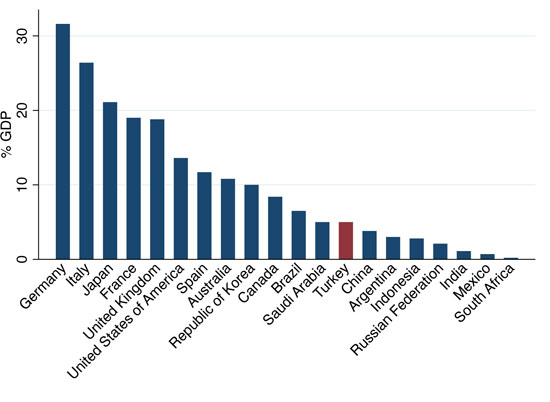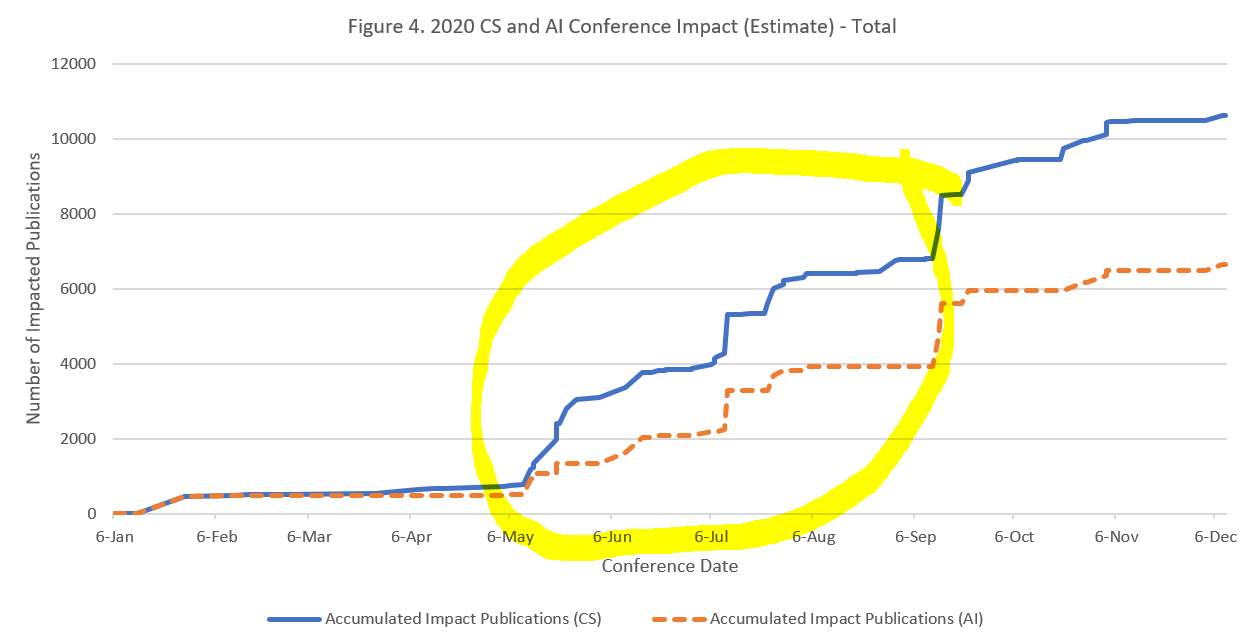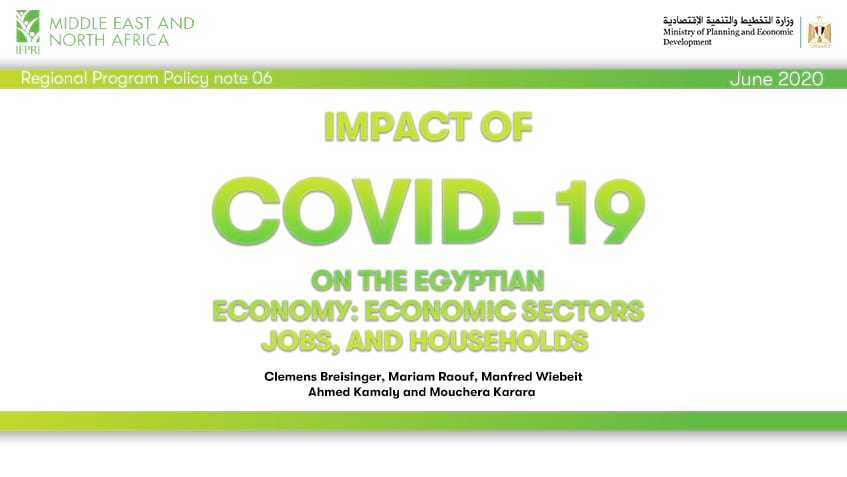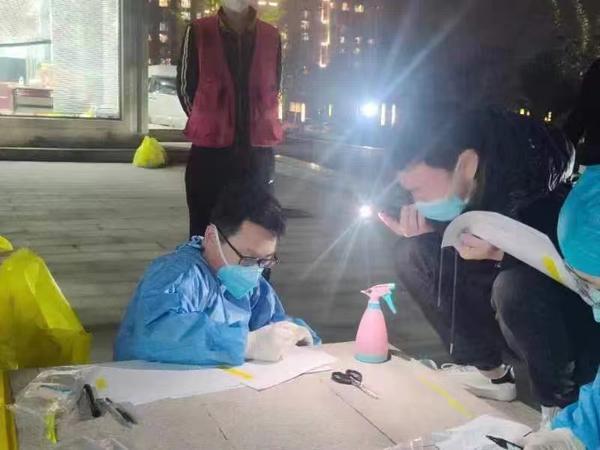Since the outbreak of the COVID-19 pandemic in late 2019, the world has witnessed unprecedented challenges that have significantly impacted every aspect of life, from public health to the global economy. This essay endeavors to provide a panoramic view of the multifaceted effects of the novel coronavirus, focusing on its impact on global health, economic systems, and the adaptation measures taken by nations worldwide.
Health Crisis: A Global Wake-up Call
The COVID-19 virus, a highly contagious respiratory illness, has spread rapidly across borders, infecting millions and claiming countless lives. It has underscored the importance of public health infrastructure, including testing capabilities, medical supplies, and healthcare systems' resilience. Countries have implemented strict lockdown measures, social distancing, and mask-wearing protocols to curb its spread. However, these measures have also led to economic downturns and mental health issues, highlighting the intricate relationship between health and socioeconomic well-being.
Economic Turmoil: A Global Recession Looms
The economic fallout from COVID-19 has been profound. Businesses have shuttered, unemployment rates have skyrocketed, and supply chains have been disrupted worldwide. The International Monetary Fund (IMF) has warned of a potential global recession, with many countries experiencing their worst economic contraction since the Great Depression. The tourism, hospitality, and aviation industries have been particularly hard hit, as travel restrictions and fear of infection deterred consumers from engaging in non-essential activities. Small and medium-sized enterprises (SMEs) have been particularly vulnerable, struggling to survive amidst financial strains and lack of government support.
Adaptation and Recovery Strategies
In response to the crisis, nations have adopted diverse strategies for both short-term relief and long-term resilience building. Governments have introduced stimulus packages to prop up economies, provided financial aid to individuals and businesses, and ensured access to healthcare for all. Digitalization has accelerated, with remote work becoming the norm for many industries, e-commerce booming, and online education gaining traction. The green economy has also seen a surge in investment and policy focus, as countries seek to transition towards more sustainable practices post-pandemic.
Vaccine Rollout: A Glimmer of Hope
The development and distribution of COVID-19 vaccines have been a crucial turning point in the fight against the pandemic. While vaccination efforts have been met with logistical challenges, including equitable access and hesitancy among certain populations, they offer a ray of hope for a return to normalcy. Vaccine rollouts have not only saved lives but also paved the way for reopening economies, albeit cautiously. As vaccination rates rise globally, there is optimism for a gradual easing of restrictions and a gradual recovery of economic activities.
Conclusion: Building Back Better
The COVID-19 pandemic has underscored the importance of global cooperation, preparedness, and resilience in the face of public health emergencies. As we navigate through this unprecedented time, it is crucial to learn from our experiences and invest in systems that can withstand future crises. This includes strengthening healthcare infrastructure, promoting digital inclusion, fostering economic diversity, and enhancing global collaboration in research and development. The journey towards recovery is not just about returning to a pre-pandemic normal; it is about building a better future that is more resilient, equitable, and sustainable. As we continue to grapple with the aftermath of COVID-19, let this be a call to action for a world that is prepared for whatever comes next.
转载请注明来自爬爬百科,本文标题:《COVID-19,全球健康与经济的全景影响》












 京ICP备11000001号
京ICP备11000001号
还没有评论,来说两句吧...